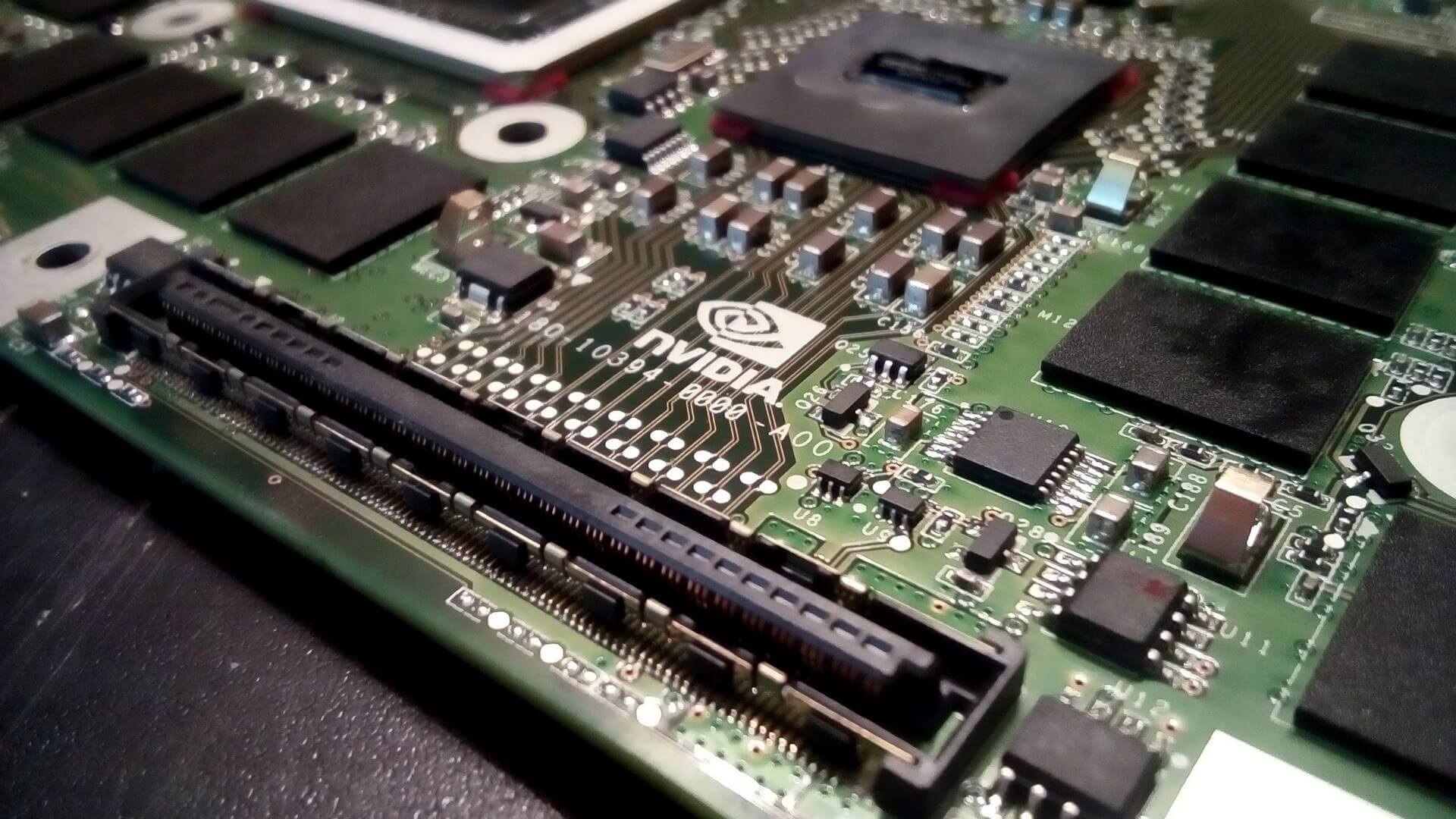NVIDIA and AMD set sights on ARM-based chips for Windows PCs by 2025
NVIDIA and AMD are reportedly working on ARM-based processors for Windows PCs, aiming for a 2025 release. This could challenge Intel's dominance and put Microsoft in direct competition with Apple.

According to a report by Reuters, tech giants NVIDIA and AMD are in the development stages of creating ARM-based processors designed to run Windows. These chips are expected to hit the market as soon as 2025. This comes as a new wave in the ever-changing landscape of computing hardware, where ARM architecture is increasingly becoming a focal point.
Qualcomm’s limited success and the looming shadow of Apple
Qualcomm is the only company partnered with Microsoft to offer ARM-based Windows devices, such as the Surface Pro X. However, this partnership has yet to see widespread success. Microsoft appears to have larger ambitions, especially given Apple’s success. After Apple introduced its custom ARM-based M-series chips for Macs three years ago, its market share has doubled. This has put Microsoft on alert, and the company reportedly wants to challenge Apple’s growing dominance.
A challenge for Intel and a hurdle for Microsoft
Intel, a long-time leader in the chip industry, might face the most significant impact from this development. The company is already under pressure to produce chips that can compete with Apple’s M-series and is set to release its Meteor Lake chips in December. These chips are described as the “biggest architecture shift in 40 years” for Intel.
However, a wholesale shift to ARM-based chips for Windows PCs is far from guaranteed. Windows software has long been built on the x86 architecture. Transitioning to ARM-based chips would require overcoming several challenges, particularly software compatibility and performance. Apple was able to navigate this by using a translation software called Rosetta 2, which made it easier for apps built for x86 to run on its ARM-based chips. Microsoft, on the other hand, still needs to address these compatibility issues. Their ARM-based devices, like the Surface Pro X, haven’t been as smooth in terms of app compatibility and performance.
















